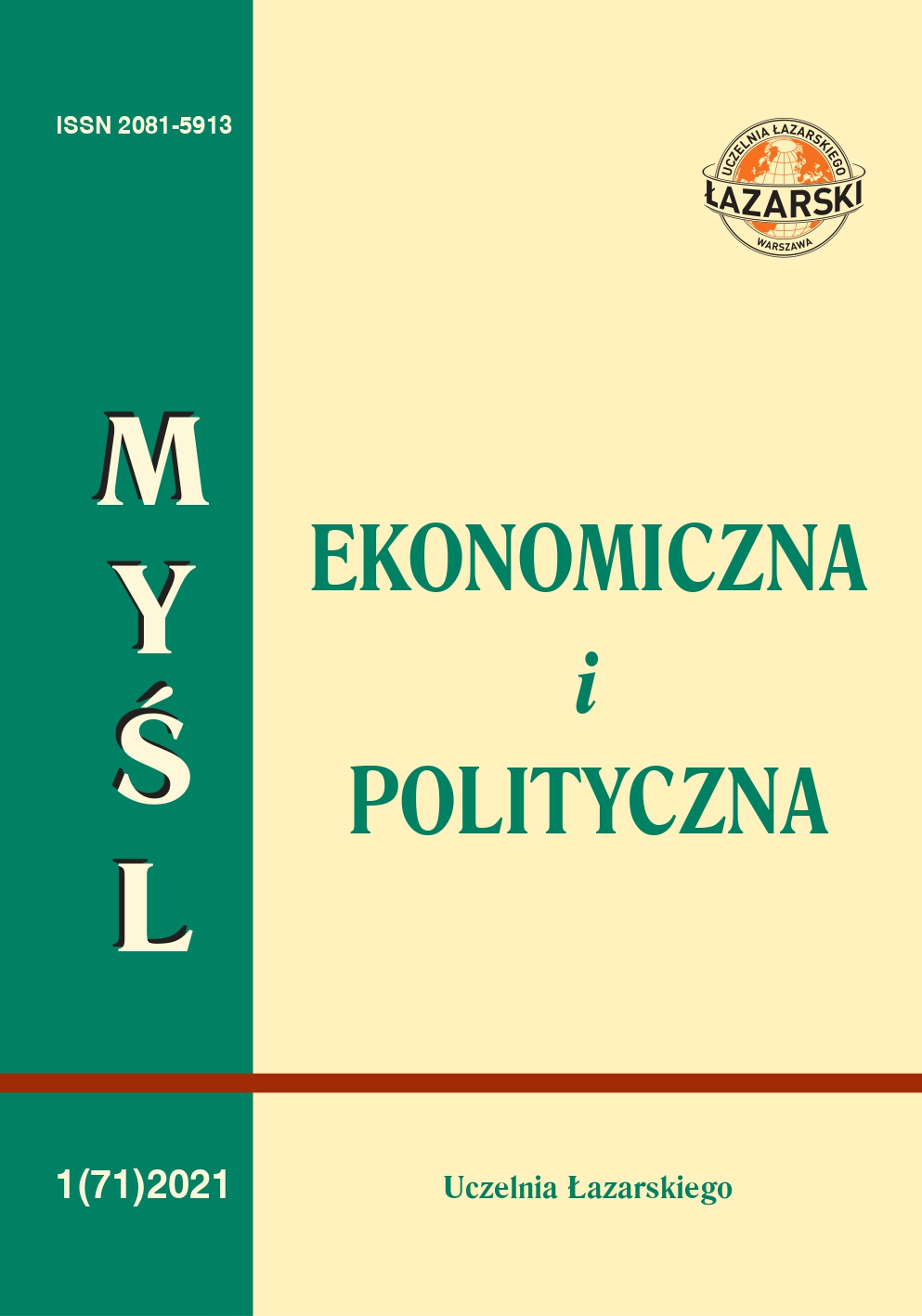Abstract
The article discusses the transformation process and state’s economic role in the transition period. The article also deals with the main objectives and goals of state regulations, the peculiarities of countries’ socio-economic formation and procedures of institutional transformation. A government’s role in economic development is changing during the transition period. The main important issues that must be set are strictly centralised state regulations and forms that are completely new systems in economic management, which should be achieved through the elimination of a state’s domination over the economic system, strengthening a privatisation process and so on. It is true that the government’s dominating power should be eliminated but establishing a new marketing-institutional environment and market culture should be developed only under the state’s active legislative, coordinative and stimulating control. The theoretical basis of the article represents the researches of foreign scientists, economists and international organisation. The methodological basis of the article is based on economic analysis, comparison, and grouping methods. While preparing the article, modern experimental methods and model of macro-economic researches, as well as researches and statistical data, approaches and methodology of several international organisations were widely used.

This work is licensed under a Creative Commons Attribution-NonCommercial-ShareAlike 4.0 International License.
